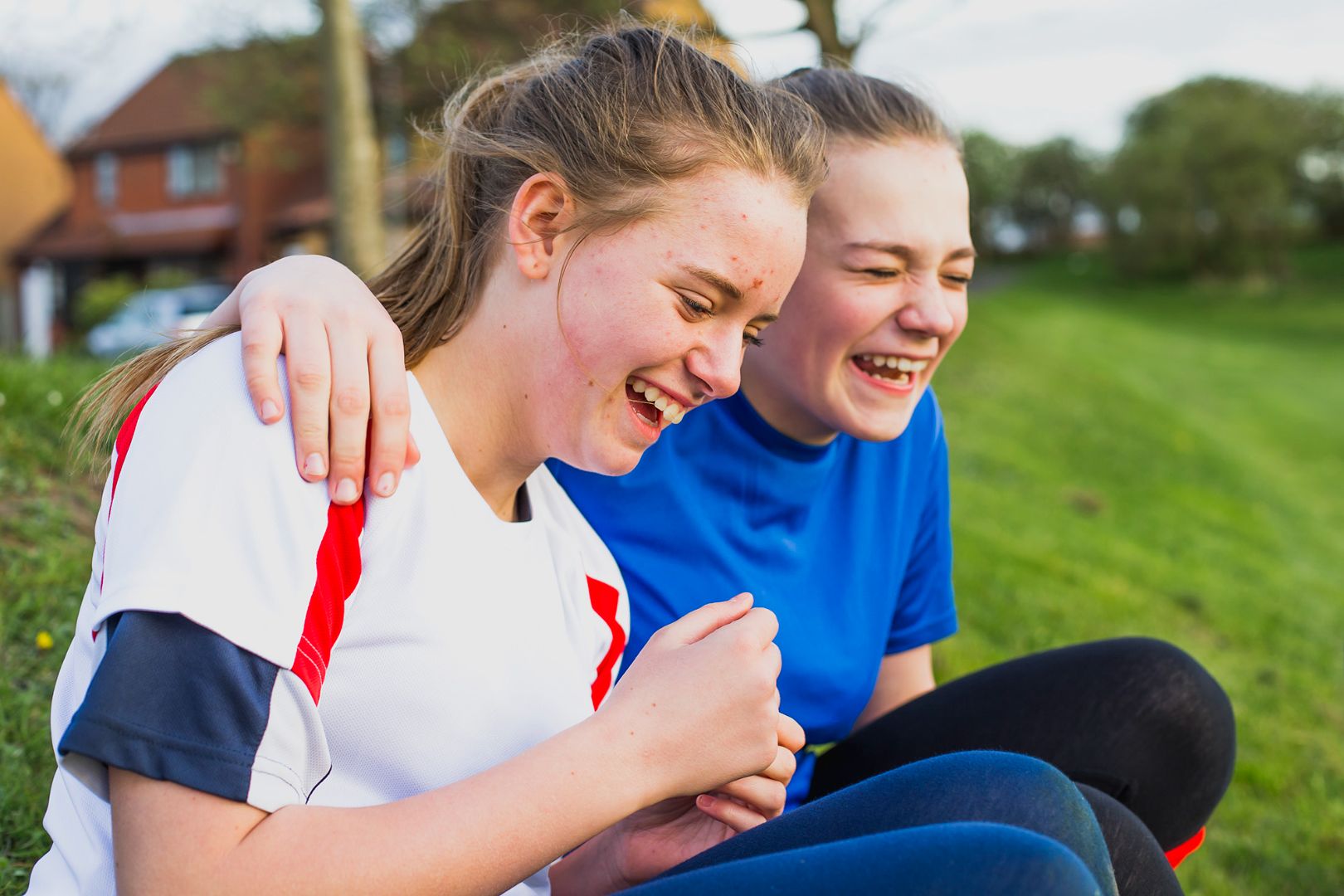Many children and young people struggle with organisation and planning, which can affect their ability to manage daily tasks and become more independent. These challenges may lead to frustration, forgotten items, missed homework, or feeling overwhelmed. The resources below offer practical strategies to help your child build their organisational skills for home, school, and everyday life.
If your child struggles with organising themselves, it may present in the following way:
- Not knowing how to begin a task
- Fidgeting with items rather than beginning a task
- Not collecting the correct equipment for the task
- Missing steps throughout a task
- Waiting for help with tasks or asking for help regularly.
How you can help
- Remember that they may require a lot of adult support initially and this support can be reduced over time.
- Start with practicing short or simple tasks to support them to feel successful.
- At the beginning of a task, talk through the steps and talk through the equipment needed.
- Break down tasks into smaller steps, it could also be helpful to write this down for them to refer to.
- Break the steps down visually so they benefit from visual support.
- Initially prompt them one step at a time and wait for them to complete this step before giving them the next step.
- Encourage problem solving when possible, asking them what they could do rather than giving them the answer.
- Ensure they feel comfortable asking for repeated instructions.
- For older children, using checklists and planners can be useful. They may initially need support to use these and this can be reduced over time.
- Make belongings easier to manage e.g. using a clear pencil case can assist with finding items, using labels for items within draws and having a specific place for all belongings.
Have a look at our resource on Building Independence for Secondary Students within the Home to identify some of the challenges that your child may face in getting organised and find ideas and strategies to support their independence. There is a similar guide available directed at young people that you could support your young person to access. You can also use these checklists with young people which contain suggestions of strategies to trial for secondary students and sixth form students.
For younger children, the morning routine visual sequence cards for boys and girls from Visual Aids and Kids can be used to support developing a daily routine.
Managing your Belongings from Kids contains checklists and visuals to use with your child to help them plan head and to know what belongings they need to organise.
The Planning and Organisation: Tips for Success downloadable pack from Kids contains lots of ideas to build organisation skills and habits including some visuals and printable checklists.
The Lifeskills for Teenagers booklet from Falkirk Council offers practical tips and ideas from occupational therapists to help teenagers develop everyday life skills in a natural, flexible way. It’s designed to fit into busy family life and support both teenagers and parents in preparing for adulthood without feeling like a structured programme or formal task.
The University of South Wales produced Top Tips and Tricks with young people who describe themselves as having a neurodiverse profile. In this booklet, they share their own tips and strategies for managing everyday challenges, many of which they discovered they had in common when creating the booklet together.
Learning about money, budgeting, and saving is an essential part of everyday life. Some children may find this challenging due to difficulties with organisation or doing quick calculations. You can begin to help build understanding about money matters by talking about money and how much things cost at home and when you're out, involve your child by letting them compare costs and pay for items to build confidence and experience. The Managing your Money guide from Kids has hints and tips to help build your child’s skills to manage money.
